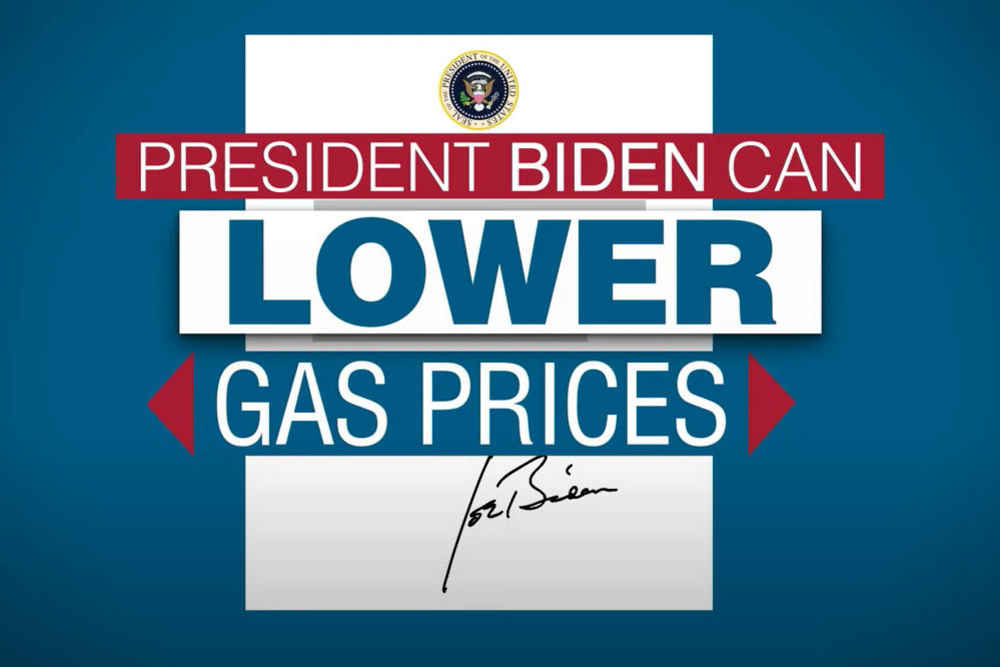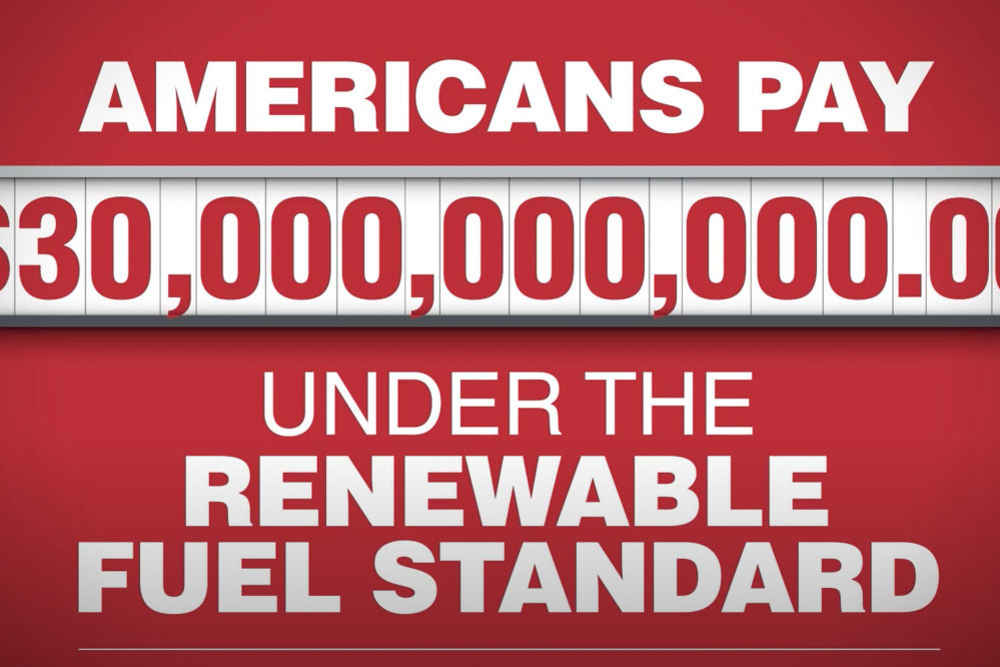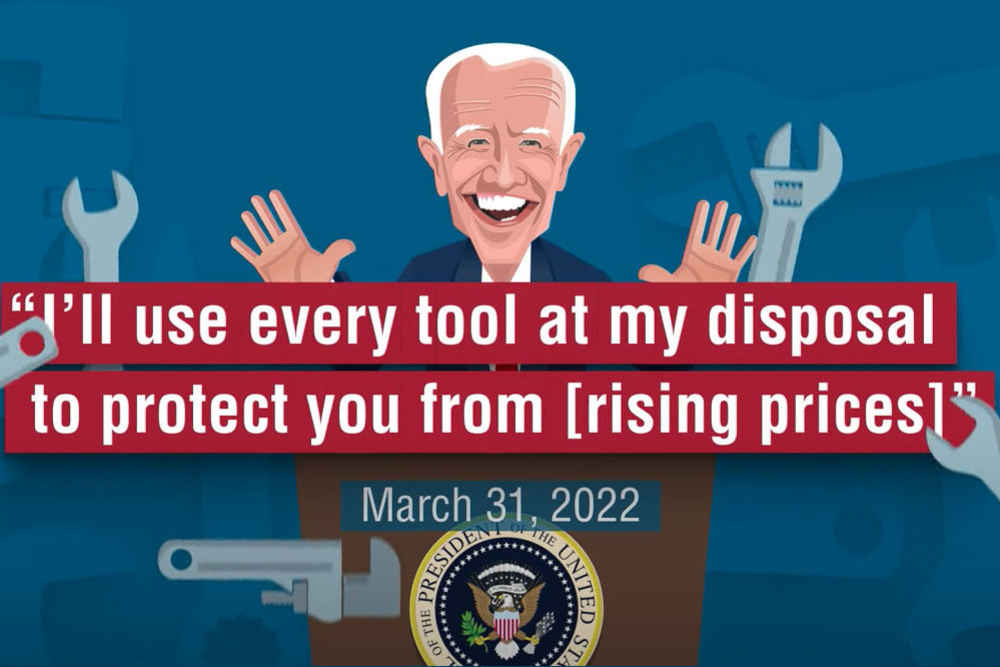Congressman Norcross: “We’re going to try to work with Republicans in a bipartisan way to find solutions to what really is not working.”
On Saturday night, Congressman Donald Norcross (D-NJ-1) joined PBF Energy’s Brendan Williams, Monroe Energy’s Adam Gatusso and Boilermakers Local 13 Business Manager John Bland for a special edition of The Labor Show with J Doc and Krausey on 1210 WPHT, Philadelphia for a conversation about America’s national energy crisis, with a focus on the rising costs of the federal Renewable Fuel Standard, which is threatening the U.S. refining sector.
The immediacy was further heightened earlier this month, when the shutdown of the Colonial Pipeline underscored the importance of having a regionally diverse and competitive U.S. refining sector. From the Caribbean to Canada, there were once 12 refineries that could meet the brunt of the East Coast’s demand—today, there are only three making motor fuels. Any threat to those remaining refineries is now a very real threat to the security of our national fuel supply chain, including our military security.
“The fact is, over the last two years, 10 refineries have shut down. So, what does that mean? We know where that Achilles heel is—it’s Colonial Pipeline. You shut that down, [you shut down] jet fuel for those fighter jets, for everything that we as a country need to protect the world. Let's talk about Langley Air Force Base, Dover, McGuire, Hanscom, Andrews—all of these are part of the jet fuel that comes out of these refineries. The pandemic has taught us one thing—control of that critical supply,” said Congressman Norcross, who serves on the House Armed Services Committee and previously worked at nearly every refinery in the Delaware Valley throughout his career before serving in Congress.
“For those of you who remember the OPEC, the odd-even days like we do – that’s when everyone drove around with two sets of license plates to get gas, those long lines. We’re only a whisper away from that if we lose that refining capacity,” Congressman Norcross warned.
“He hit the nail on the head—if we don't have regional diversity of our refining capacity, if we’re relying on one region or have to be more reliant on importing fuel from overseas… we’re in trouble,” Brendan Williams responded. “There are ways to fix this program that aren’t going to impact whatsoever the amount of ethanol that’s blended in the fuel supply. In fact, if refiners don’t have to spend all this money on RINs, they would have more capital to actually invest in projects that diversify our energy needs generally, whether that’s efficiency improvements at refineries or in some cases alternative energy investments. But you can’t do it if you’re spending anywhere from hundreds of millions of dollars to possibly a billion dollars a year buying, basically, fake paper credits from your competitor.”
Congressman Norcross has been a strong advocate for addressing the broken nature of the RINs system. During the show, he explained how RINs have created a secondary market for Big Oil and Wall Street traders to manipulate for profits on the backs of American consumers, businesses, and independent refiners and their workers.
“Nobody is even suggesting that the blending of ethanol is not going to be part of this moving forward, but we created a commodity. Trading of these RINS is completely out of the picture of what we’re trying to do,” the Congressman said.
“The idea of creating this commodity sounded good, looked good on paper, but the reality is it's making a few people very rich, and it is creating havoc for the rest of America,” he later explained.
Brendan explained how the growing costs of RINs puts refineries at risk, without actually ensuring more ethanol is added to the national fuel supply or creating any meaningful economic benefits. Last January, RINs cost was as low as 10 cents each —today, they’re trading at close to two dollars.
“If you look at how much this cost nationwide, this actually is a stealth $30 billion tax. It's equivalent to about 21 cents per gallon—that's more than the federal gas tax, and it's not going to roads to fund infrastructure projects that can use more union labor. It's being paid by two parties, customers paying part of it, and then merchant refiners are also paying it when they have to comply with the standard.”
America’s independent refiners are now spending more on RINs than on any other operational costs, at the same time they’re trying to regain their footing after lockdowns associated with the COVID-19 pandemic significantly reduced fuel demand.
“Everybody knows the massive fuel demand destruction associated with COVID. We had eight refineries either closed fully, partially, or announced closure just last year. The refining sector hemorrhaged money. So now, as we see some light at the end of the tunnel, we're getting a little closer and we see that it might actually be an oncoming train called RINs, because these costs are so unsustainable that it's going to put a lot of refining capacity at risk at the worst possible time,” Brendan continued. “The Colonial situation should be a wakeup call on the need for regional diversity in our refining complex. We need to make sure we're energy secure as a nation, we can't depend on one region, and we can't depend on fuel from overseas.”
“It's a situation that is really getting to the point where it's unsustainable, and we need either EPA or Congress to act expeditiously,” he said.
With each passing day, the growing cost of RINs raises the probability of additional refinery plant closures, threatening the security of our nation’s fuel supplies and thousands of good-paying jobs, including thousands in organized labor. Adam recalled his experience watching three refineries close up close and personal, and how it devastated families and communities in the tristate region.
“It was a very, very challenging time I remember the time vividly,” Adam recalled. “Everybody was scrambling, saying how do we preserve an industry that has been [in] some families for generations. It's the only industry they've ever known, the only industry they've ever worked in...The worst part was dealing with hard working men and women that felt like they had no hope, that something was stripped from them.”
Adam worked with then-Pennsylvania Governor Corbett’s office with municipalities that feared lost tax revenue and the impacts of that lost revenue on school districts. He said the recent Colonial Pipeline shutdown is a stark warning that the past could be prologue to the future.
“The Colonial [Pipeline shutdown] absolutely highlighted the importance and how lucky we are to have four large refineries still operating on the East Coast. Without that…the gas lines, the gas spikes, the shortages could have extended far beyond Delaware up into New York state and beyond,” Adam explained. “We definitely don't want to have a repeat of the past, I lived it. When you're dealing with folks that have their livelihoods ripped out from under them, especially in this case, if it would be a federal program that's just not operating as Congress intended—it’s just not fair. We need our energy and national security protected and these refineries play a vital role in both.”
“I talked about how difficult it was that we created this problem ourselves, but let's also remember that the men and women who work there – who go to work each day and bring home enough food so their families can make it. That’s important. These are good-paying jobs right here in America,” Congressman Norcross said before he signed off. “We have to do this for our country and for the men and women who count on this for employment.”



